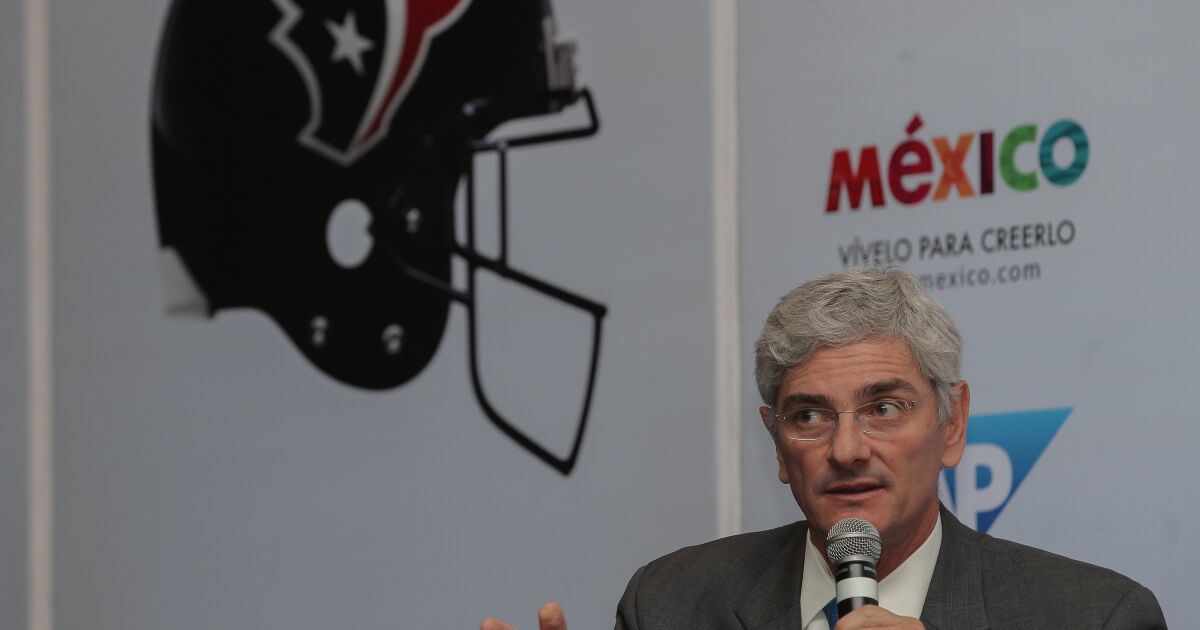The United States announces a diplomatic boycott of the Beijing Games | Sports

The White House confirmed Monday that the United States will organize a diplomatic boycott of the upcoming Beijing Winter Olympics in protest of the Chinese government’s human rights abuses. A short while ago, China threatened to take “strong countermeasures.”
“The diplomatic or official representation of the United States will treat these games as if it were business as usual in the face of human rights violations and atrocities in the People’s Republic of China in Xinjiang, and we simply could not do that,” Press Secretary Jen Psaki told the press at her appearance on Monday. .
Psaki explained that US athletes would be competitive and would have “our full support,” but added, “We will not contribute to the hype of these Games.”
“We have a fundamental obligation to promote human rights. We stand firmly in our position and will continue to take measures to promote human rights in China and elsewhere,” Psaki added.
President Joe Biden is scheduled to host the Democracy Summit this week, a virtual gathering of civil society leaders and experts from more than 100 countries between Thursday and Friday. The US government said Biden wanted to take advantage of the secret meeting “to announce individual and collective commitments, reforms, and initiatives to defend human rights at home and abroad.”
The chairman of the Senate Foreign Relations Committee, Robert Mendes, stressed that such a diplomatic boycott “is a necessary step to demonstrate our firm commitment to the unimaginable abuses by the Chinese government.”
The New Jersey Democratic senator urged “allies and other partners who share our values to join the United States in the diplomatic boycott.”
Chinese Foreign Ministry spokesman Zhao Lijian accused US politicians of working in the exhibition on the issue of sending official figures to the competitions. China hopes the Olympic event in February will be the stage for its economic development and technological achievements.
Speaking to the press at a daily conference, Zhao said the boycott would be a “direct political provocation,” although he did not say how China would respond.
Human rights advocates and US lawmakers who support a boycott maintain that it is a necessary measure. They point to China’s poor human rights record with justification and claim that China is using games to whitewash its mistreatment of civil rights activists, political opponents and ethnic minorities.
“US politicians keep talking about the so-called diplomatic boycott of the Beijing Olympics, which are pure illusions and exhibition-side performances,” Zhao told reporters.
Sending high-level delegations to the Olympics is a tradition in the United States and other countries. President George W. Bush attended the opening of the 2008 Summer Olympics in Beijing. The current first lady, Jill Biden, led the US delegation to the summer meeting in Tokyo this year, and the US Vice President’s husband, Doug Imhoff, led a delegation to the Paralympics.
The diplomatic boycott was announced as Washington tries to stabilize its strained relations with Beijing while maintaining its strategy on trade tensions and conflicts over China’s actions in Taiwan, human rights, Hong Kong and the South China Sea.
Beijing responded harshly to all US criticism, calling it interference in its internal affairs, and vetoed US politicians it considers hostile.
It was not clear who the US might be sending to the Beijing Games, and Zhao’s comments seemed to indicate that Beijing had not sent out invitations.
Australia, whose relations with China have been strained by several disagreements, has raised the prospect of a diplomatic boycott.
Copyright 2021 Associated Press. All rights reserved. This material may not be published, broadcast, rewritten, or redistributed without permission.

“Reader. Beer practitioner. Web expert. Subtly charming travel geek. Friendly music specialist.”









